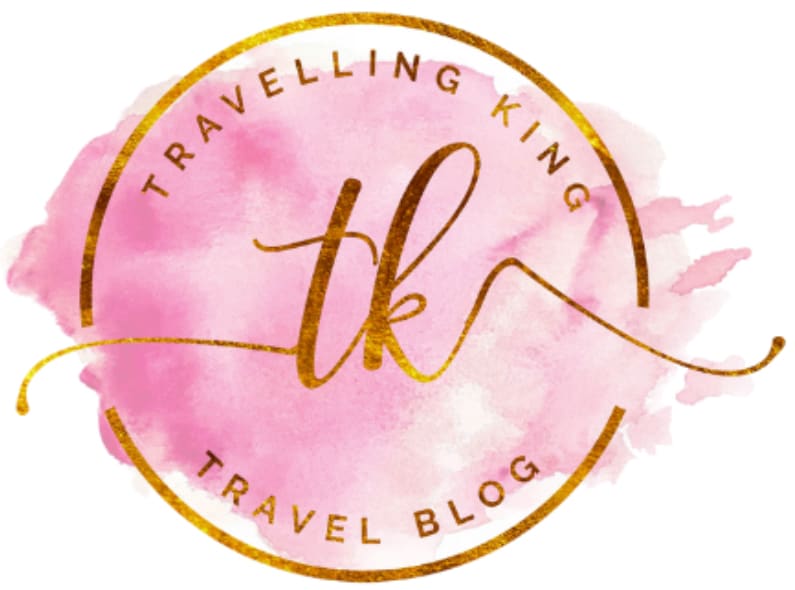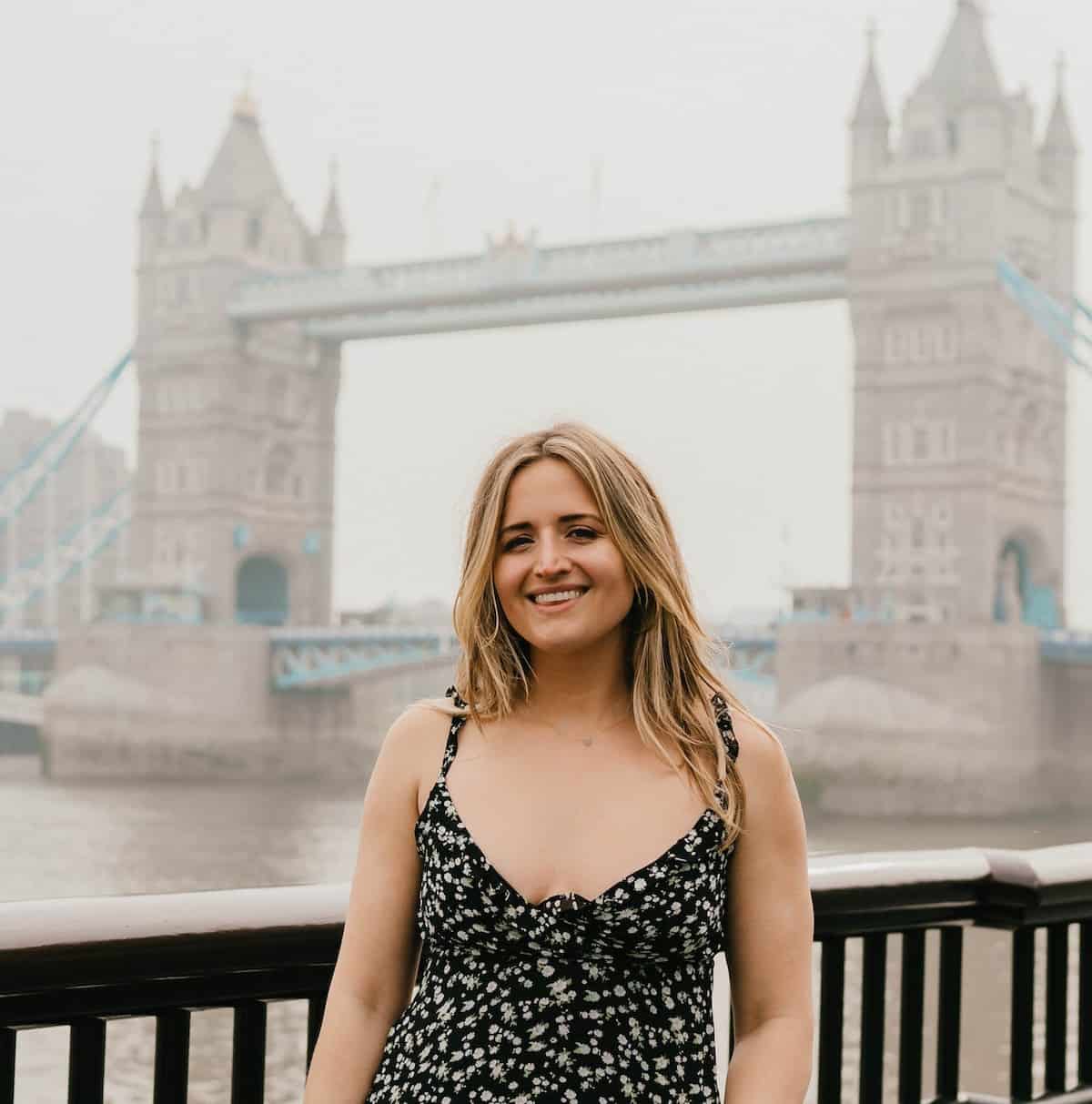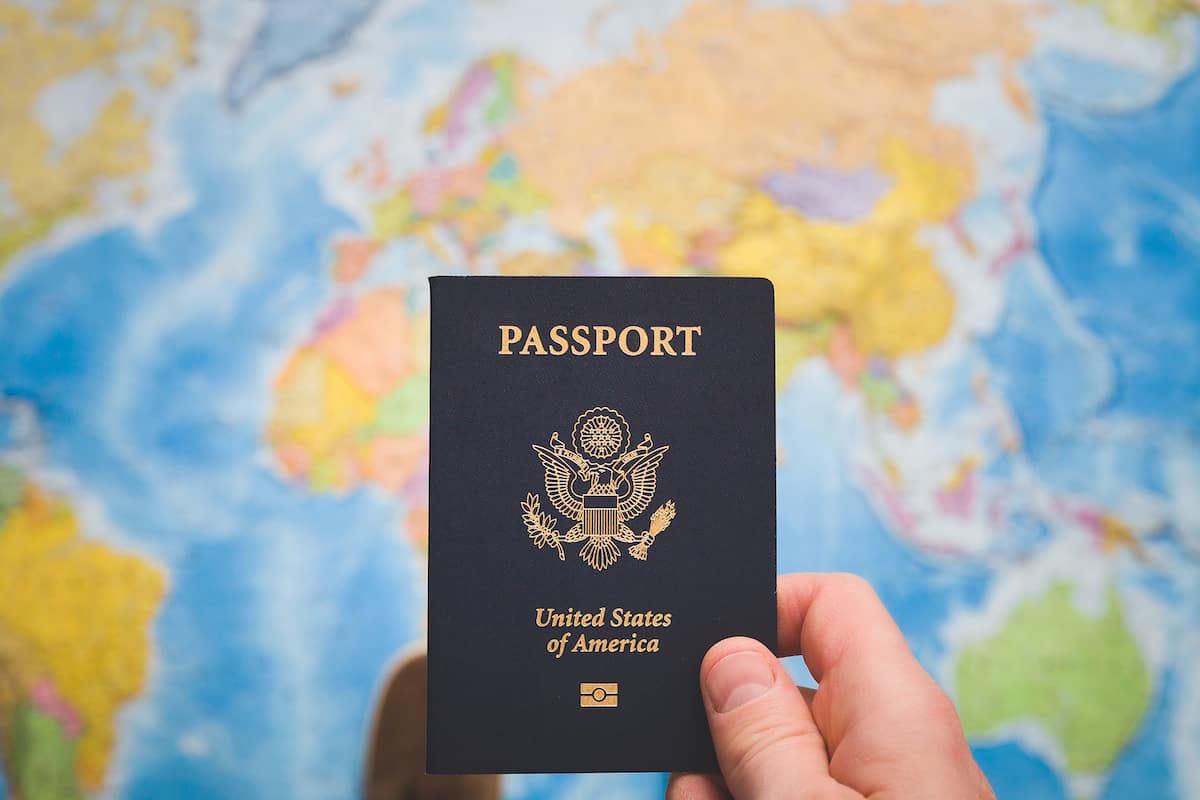safety tips for traveling alone in europe
Is it safe to travel alone in Europe? It absolutely can be!
Travelling alone is an exhilarating way to experience Europe. It’s a perfect adventure, allowing you to see all the top attractions on your European bucket list and to get some all-important “me” time along the way.
But exciting as it may be, it can also be nerve-wracking to travel solo. You’re in an unfamiliar place, and safety can be one of the top concerns as you prepare for your trip.
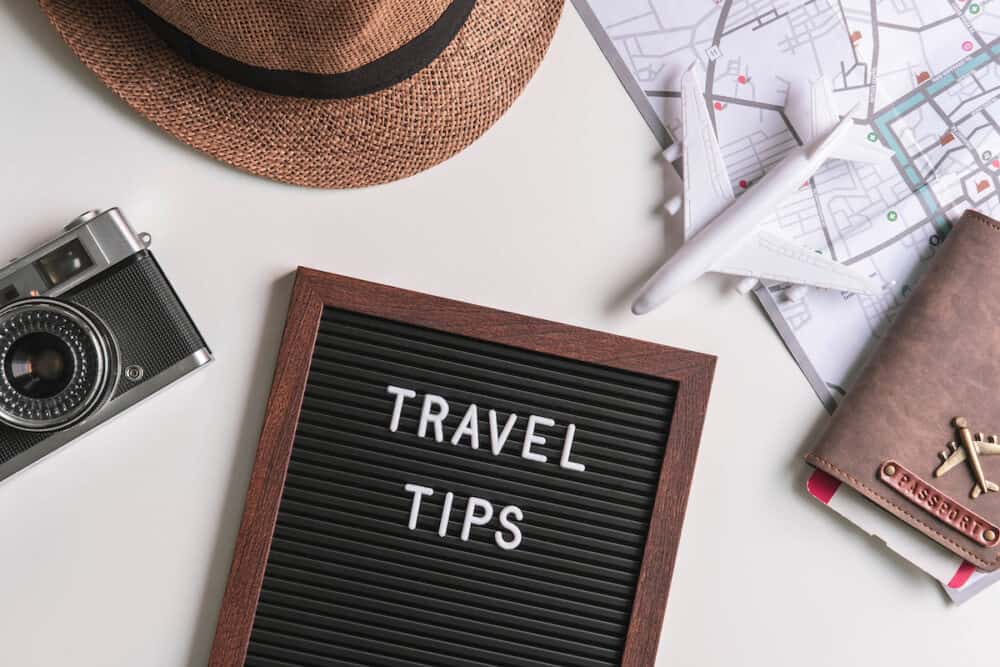
Follow a few essential safety tips for travelling alone in Europe. You can have all the experiences- without any of the dangers of travelling alone getting in the way.
Plan your trip
Save on fees abroad with the Wise Card—use it at ATMs, restaurants, and for flights or hotels in over 150 countries. Manage 40+ currencies in real-time with the Wise app.
Need Help Planning?
- Cheap Flights: Find the best deals.
- Accommodation: From hostels to luxury stays.
- Car Rental: Affordable options worldwide.
- Sightseeing Tours: Explore without breaking the bank.
- Travel Adapter: One adapter for all your needs.
- Travel Insurance: Don’t risk it—stay covered.
This post includes affiliate links. Read my full disclosure and content policy.
How to prepare for your trip with personal safety in mind
Being on the ball about your travel safety is vital throughout your journey. Still, you can get started before you even head on the road by following a few easy steps.
Take out Travel Insurance
One of the first things you should do when planning your solo European adventure is to take out travel insurance.
While travel insurance can’t prevent a safety incident, it can cover you in many worse-case scenarios, from a lost or stolen phone to a hospital visit.
Medical incidents, in particular, can be expensive, so investing in travel insurance is the best way to ensure you won’t be paying too much out of pocket if you need to pay the doctor a visit while on your trip.
Be transparent about your travel plans.
Ensure your loved ones back home know what you’ll be up to during your time away! I always make sure to share an itinerary with any accommodation I’ve booked, which days I’ll be in which cities, and share any updates to the plan.
It’s a great way to stay in touch with those you care about, and it also helps to ensure that you can be contacted in an emergency via the front desk at your hostel.
If you have family members who constantly wonder, “Is it safe to travel alone,” this is also a great way to keep them in the loop.
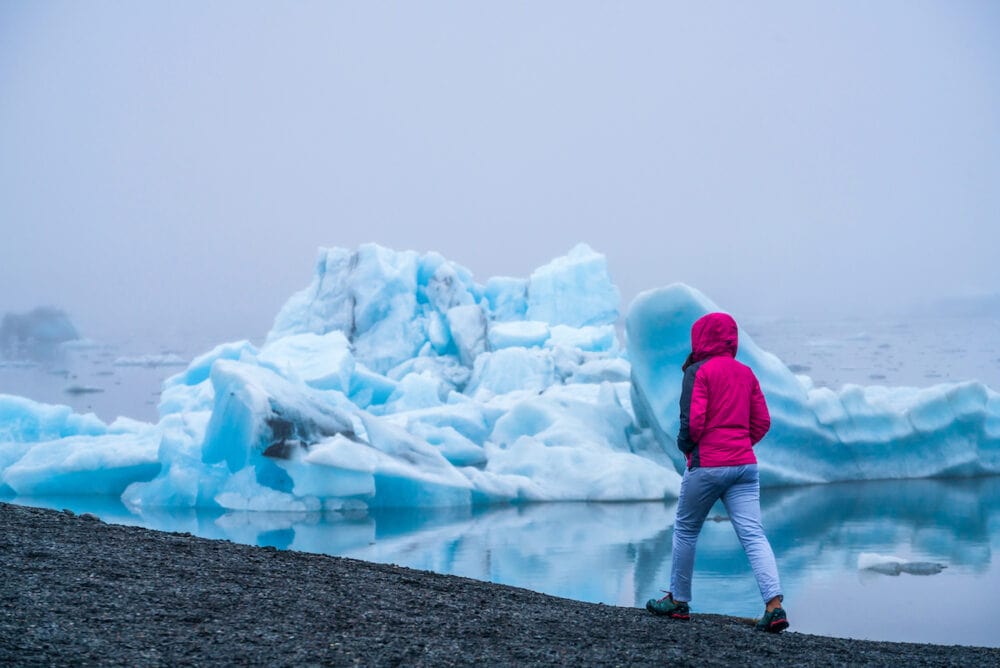
Do your hotel research!
Whether you’re planning to stay in hostels or hotels in Europe, doing due diligence is a great way to ensure you’ll feel safe in your accommodation.
Read the hotel information to determine how long the walk is to key spots like the nearest public transportation stop or a busy high street.
Reading the reviews is also a great way to figure out how safe you’ll feel in a hotel – these will often have information about how safe the area has felt to other travellers and how secure they felt the rooms were. First-party information is key to staying safe when travelling!
Keep your personal belongings as secure as possible
One of the biggest risks in travelling in Europe is pickpocketing, so taking small steps throughout your travels is essential to minimise your risk of having something important stolen.
Invest in a theft-proof bag.
Ok, no bag can be FULLY theft-proof, but some options are much better than others! Look for a bag with a thick strap (so it can’t be quickly snapped or cut) and one with a main zip and internal zippered pockets to keep your most valuable possessions safe.
Choosing a cross-body option where you can position the bag in front of your torso is ideal, as it’s much harder for thefts to access a bag in your line of vision. This is one of the easiest ways to avoid having things stolen in public places in bustling cities like Barcelona and Paris.
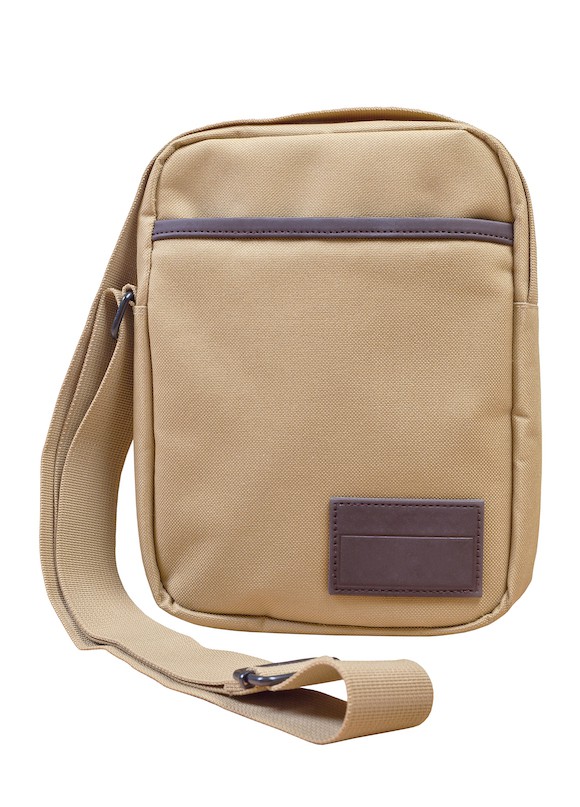
Bring a suitcase with a TSA-approved lock.
Suitcases spend a lot of time away from their owners, whether on a bus, a plane, or in hotel storage.
Investing in a suitcase that locks makes it way more difficult for someone to look through your belongings – and to take anything you may have stored in your case.
Buy yourself an AirTag (or another GPS-enabled tracker)
Purchasing a small tracker to leave in your checked luggage is a great way to keep track of your items.
Checking your items as you travel can give you peace of mind and help you track down luggage that gets misplaced along the way.
Get yourself a waterproof pouch.
One of the hardest things when travelling solo is figuring out what to do with valuables on a beach! A waterproof plastic pouch is one of my absolute necessities for a solo trip where I’ll be near water.
You can buy these on Amazon or other online sellers, and they’re essentially bags with multiple closures that make them completely waterproof.
That way, you can bring your essentials like your phone and wallet into the water with you, avoiding that awkward question of how to keep them safe on a beach.
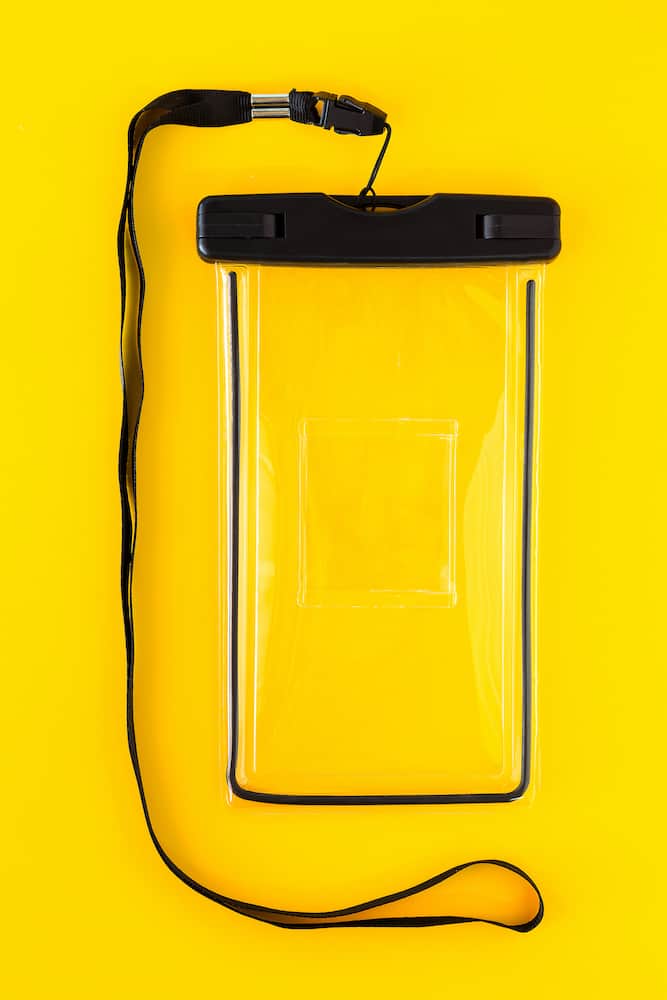
Stay safe financially while on your European vacation
While physical safety is important, keeping access to your finances secure is also really important. There are a few tips you can keep in mind to avoid someone getting hold of any of your valuable financial assets.
Don’t carry too much cash.
In most European countries, credit card usage is widespread, and you’ll only need cash for specific situations or in very small businesses. This varies from country to country, so research ahead of time to get an idea of how much cash you might need.
Once you know this, be sure to only carry a reasonable amount of money and depend on credit cards for most expenses. I’d recommend using a money belt under your clothes if you have cash. Hence, your money isn’t easily accessible to pickpockets.
Only use reputable ATMs
I try to use ATMs at banks when I travel, as they offer better security. You’re normally within a well-lit room while taking out money.
It’s much easier to get in touch with a real person if something random happens (like an ATM eating a card, which has unfortunately happened to me before!) In many European countries, banks don’t charge you a withdrawal fee.
At the same time, smaller ATMs in convenience stores or on the street are more likely to require additional payment.
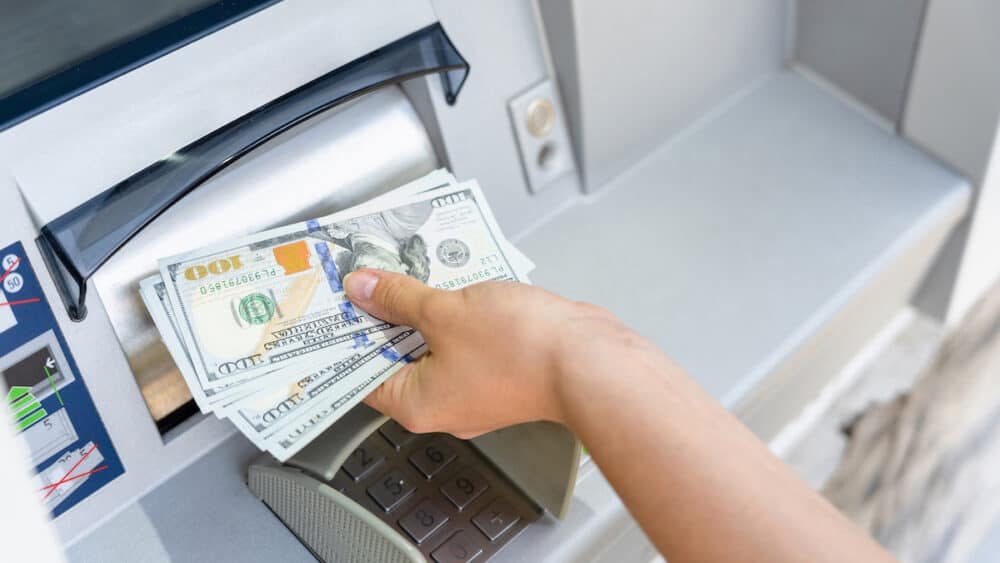
Carry an extra credit/debit card with you.
Despite your best efforts, you may lose a credit card when travelling, whether it’s left in an ATM or you have a theft incident.
It’s easy to request a second card before you travel, so you have an extra one to leave locked up in your room while you’re out and about. Getting a card mailed to you while travelling can be tricky, so doing this can help in a pinch.
Safety tips for solo travellers in European hostels
Travelling in Europe is often more expensive than in other parts. You won’t be splitting the cost of a private room. It’s common for solo travellers to stay in shared rooms in hostels. Some standard tips can help you to navigate any potential hostel security issues.
Invest in a secure lock.
You’ll typically have a locker in a hostel room to keep your valuables safe. While many hostels use electronic locks now, which are already included with the room (which is excellent!), this may not be the case for everywhere you stay.
By buying a strong, safety-certified lock, you’ll be sure to be able to keep your valuables safe when you’re staying in a shared room.
Stay in an all-female dorm (if applicable!)
Most hostels have both mixed and all-female dorm rooms. Especially if you’re a woman travelling alone for the first time, booking an all-female dorm is a great way to feel more comfortable in your room.
This may not be strictly a safety issue. However, it can help create a better sense of security (although still following all the other safety tips!)
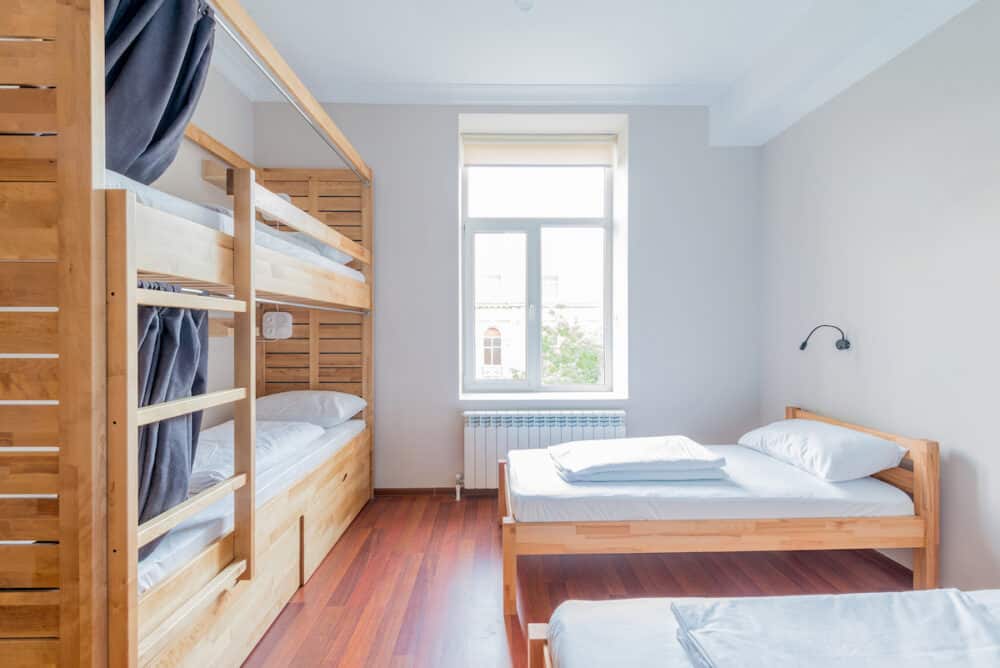
Try to go out in a group, particularly at night
One of the best things about hostel life is that you’ll meet many other people, so you can plan to stay together as a group.
The hostel will often do organised dinners or bar crawls, so you can make friends and have local guides while navigating an unfamiliar city.
Take advantage of the knowledge of the local staffers!
One benefit of staying in a hostel is that they’re very used to solo travellers, so the people working at the front desk and throughout the property will often be some of the best resources to stay safe as a solo traveller.
They’ll let you know about any more dangerous areas in town. They can help book your taxis or activities to ensure you’re not put into any challenging scenarios on your travels. They can also help you find the best things to do in general, so it’s a good idea to get to know them!
Other essential safety tips for travelling in Europe
Bring copies of everything!
While it may seem outdated to carry hard copies of important items with you, it can come in handy if you encounter a situation where you lose your passport and phone.
Having a copy of your passport can be very useful if you need to go to an embassy or give a statement at a police station. Having everything accessible in a password-protected place online is also an excellent idea.
Only take official taxis (or ride shares)
You will often find unofficial taxis if you’re hailing a cab on the street in a foreign country. These may not be registered, so they aren’t regulated in the same way that official taxis are.
To avoid this issue, it’s a good idea to use an app like Uber or Lyft in a foreign country or ask your accommodation to call you a cab.
If you need one right when you land, most airports will have a taxi stand so you can ensure you’re taking an official cab.
If you are in a spot where you’ll need to hail cabs on the street, make sure to check online (or ask trustworthy people like those at the tourist info stall at the airport or the staff at your accommodation) to determine how to spot a registered taxi.
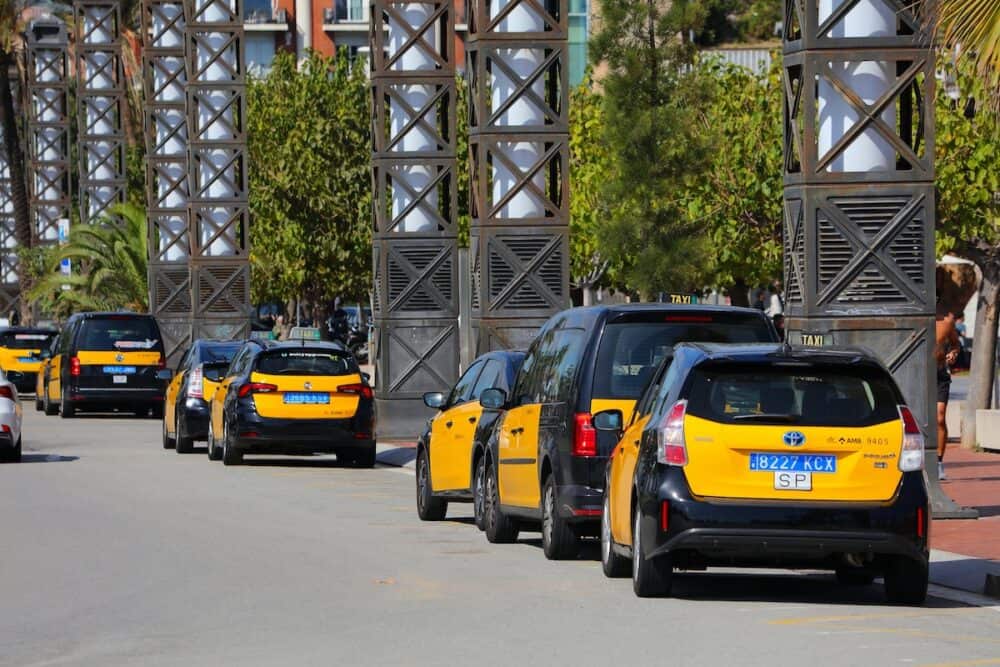
FAQs About tips for traveling alone for the first time
What should I consider when travelling alone for the first time?
When travelling alone for the first time, it’s important to consider a few key points. First, plan ahead and do your research on what kind of accommodation may be available in your destination. Consider safety when selecting where you want to stay.
Second, if possible, talk to people who have visited your destination before and get their tips and advice.
Third, research the local customs and laws so you can abide by them while there. Finally, don’t forget to bring the essentials like a valid passport or visa (if needed), some form of identification and enough money for your stay.
What are some safety considerations I should keep in mind when travelling solo?
A: Safety is always an important consideration when travelling alone – no matter where you go!
Before visiting a new destination, check to see if there are any travel advisories in place from local authorities or foreign governments regarding specific areas or regions within the country that are potentially dangerous or unsafe.
Additionally, make sure to keep copies of essential documents such as your passport plus emergency contact information in case they get lost or stolen during your trip.
When out exploring, try not to draw too much attention to yourself and be aware of your surroundings at all times.
What are some tips for staying connected while abroad?
A: It can be difficult for solo travellers to stay connected while abroad due to language barriers or unreliable internet connection in certain destinations.
One tip is investing in an international SIM card prior to departure – this will allow you access data plans with local carriers and save money on roaming charges abroad.
Additionally, many popular cities offer free Wi-Fi access which can be useful in a pinch; however it is recommended avoiding public networks as much as possible due to security concerns associated with them.
Final Thoughts: tips for traveling alone in europe
While travelling alone in Europe for the first time may seem daunting, it is a valuable experience! If you follow my tips for travelling alone for the first time, use common sense, and keep an eye on your surroundings while you’re exploring, you can have a safe and enjoyable time on your solo trip.

